San Francisco has long had a problem with the homeless. Now, the mayor of the city by the bay has said that the time for compassion is over as she announced plans to tackle the crisis.
Mayor London Breed revealed that the city will be taking a “very aggressive” approach to remove encampments from the streets.
San Francisco’s Homeless Crisis
Certain parts of the city, including the troubled Tenderloin district, have become known as the sprawling encampments that popped up over time. The size of the encampments has become a problem for many residents and businesses.
Local businesses are unable to recruit staff and residents have felt forced to flee to safer parts of the city.
The Rising Number of Homeless
The rise in the number of homeless has reached 8,300 people since the last count in 2022, according to data from KQED, which is up 7% from the previous year. The increasing number of homeless has brought with it a myriad of other problems filling the sidewalks.
“We have had to move from a compassionate city to a city of accountability, and I have been leading the efforts to ensure that we are addressing this issue differently than we have before,” Breed said.
An “Aggressive” Approach

Breed’s plan to “be very aggressive and assertive in moving encampments which may even include criminal penalties,” comes three weeks after the Supreme Court granted cities the power to evict unhoused people from encampments.
“The problem is not going to be solved by building more housing,” Breed said. “Thank goodness for the Supreme Court decision.”
Taking Action
Now, Breed’s plans are taking action. Crews have removed several encampments in the last week, hoping to create a safer environment for businesses and residents.
However, CBS News Bay Area has noted the return of three different spots and found tents have been returning to those locations.
A Return of Residents
Residents around the Treat Avenue encampment say that the city workers cleared out the encampment, and people moved back to the space nearly five days later.
“As soon as the cops go, they’ll be back the next day,” Ramsey Armstrong said. “Where do they got to go? I mean it doesn’t surprise me at all.”
Happens All the Time
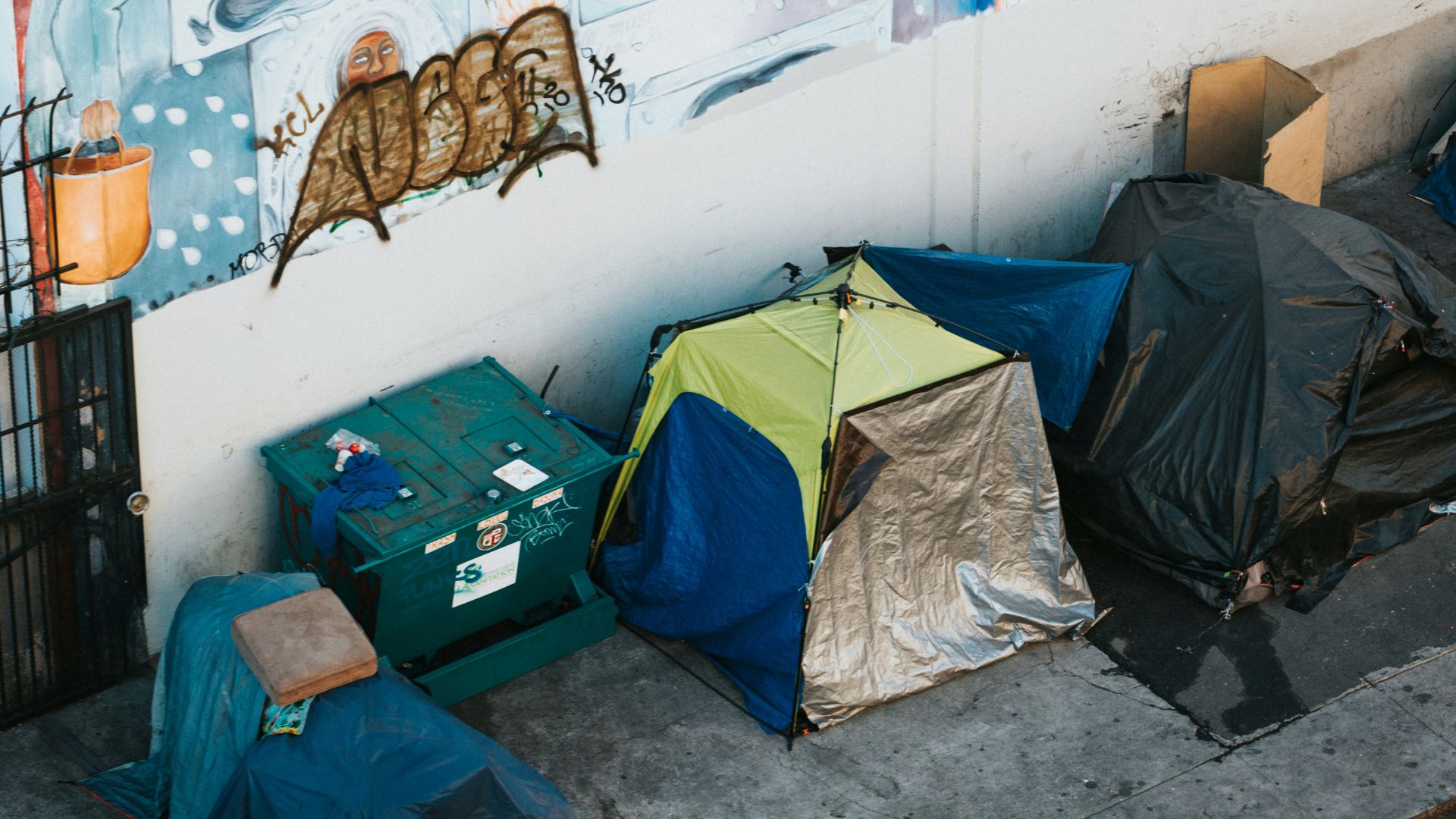
This isn’t a one-time occurrence for San Francisco residents. In fact, Ramsey says this happens all the time.
“What good is doing that if there’s no solution long-term for these individuals? Yes, be aggressive, but also be aggressive in having a sustainable system,” Armstrong said.
Ramping Up Clean-Up

“They definitely have been ramping up the consistency of it and the time frames,” said Anthony Schliecher, a resident of Willow Street in the Tenderloin encampment, about the encampment cleanups.
“Not everyone wants help, not everyone does. It’s sad. Some people just aren’t ready,” Schliecher said.
Why Some People Decline Shelter

Schliecher has declined the shelter that was offered to him when city officials came and cleared out the encampment. He tells CBS News that the offer felt like jail.
Others say that they wanted apartments instead of shared rooms because they felt more comfortable sleeping alone than with strangers.
Breed’s Need for a Long-Term Plan

While many want to see the encampments cleared, some argue that Breed’s current strategy isn’t a long-term solution. At present, the approach is a micro-solution, as the turnaround time for unhoused people who are displaced and then return to set up their tents is less than a week.
“All the candidates (in the mayoral race) are talking about what they want to do about the homeless but of course nobody has a way to figure out how to get more places for these folks to go,” said Susan Patton-Fox, a San Francisco resident.
A Better Solution

rawpixel.com/Freepik
Armstrong says that he would appreciate a long-term solution, too, that meets the needs of everyone being affected in the city.
“They should have a full-flex solution. Don’t just do things just to try get re-elected. And then, boom! Once you’re elected, things drop again. People don’t want to see that,” Armstrong said.
Newsom’s Rally Call

Breed’s plan comes after California Gov. Gavin Newsom ordered state agencies to adopt plans to remove homeless encampments across the state.
While local governments are not forced to comply, Newsom said in the press conference that he will be withholding funding from cities and counties for not clearing encampments next year.
Relocating the Problem

Hoping to address the homeless crisis in the city by the bay, Breed reportedly divided the city with her new campaign, “Journey Home.” The program covers the costs of bus, plane, or train fare and a meal stipend to relocate homeless individuals where they have family or previous ties.
Some argue that San Francisco’s mayor is not addressing the problem plaguing many of California’s cities, and is instead pushing it onto someone else.
Moving People Out of the City

This program has long been in place, but has operated under a different name: Howard Bound program. Since August 2022, the city has sent at least 857 homeless people to other states and counties in California.
But the pressure from Newsom to clean up the streets has encouraged Breed to ramp up the order to push the program into full gear.
A Longstanding Program

The newly obtained data from the Journey Home program, launched in September 2023, shows that 27% of its 92 clients were sent to other California counties through its longstanding program.
According to SF Standard, “The Journey Home program does not require clients to have a home where they are being sent, according to officials. But they must prove some connection to the area, such as a previous address.”
Why the Program Was Started
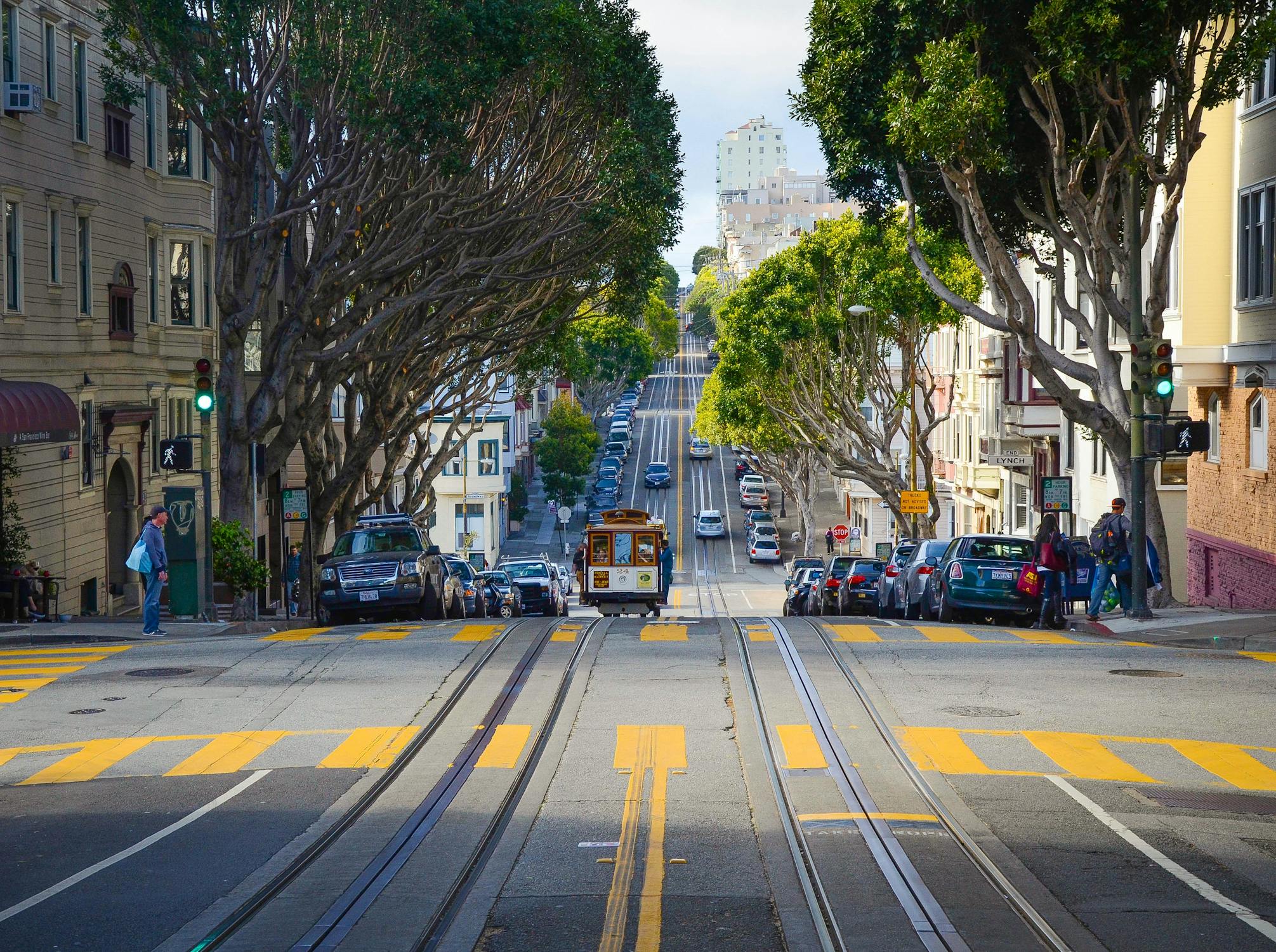
The city started the program as a multi-agency drug crackdown, adding it to a list of problem-solving services aimed to help unhoused people return home by offering financial assistance.
A similar program has relocated over 13,000 homeless people since 2005 and now operates as part of Journey Home.
No More Services to Provide
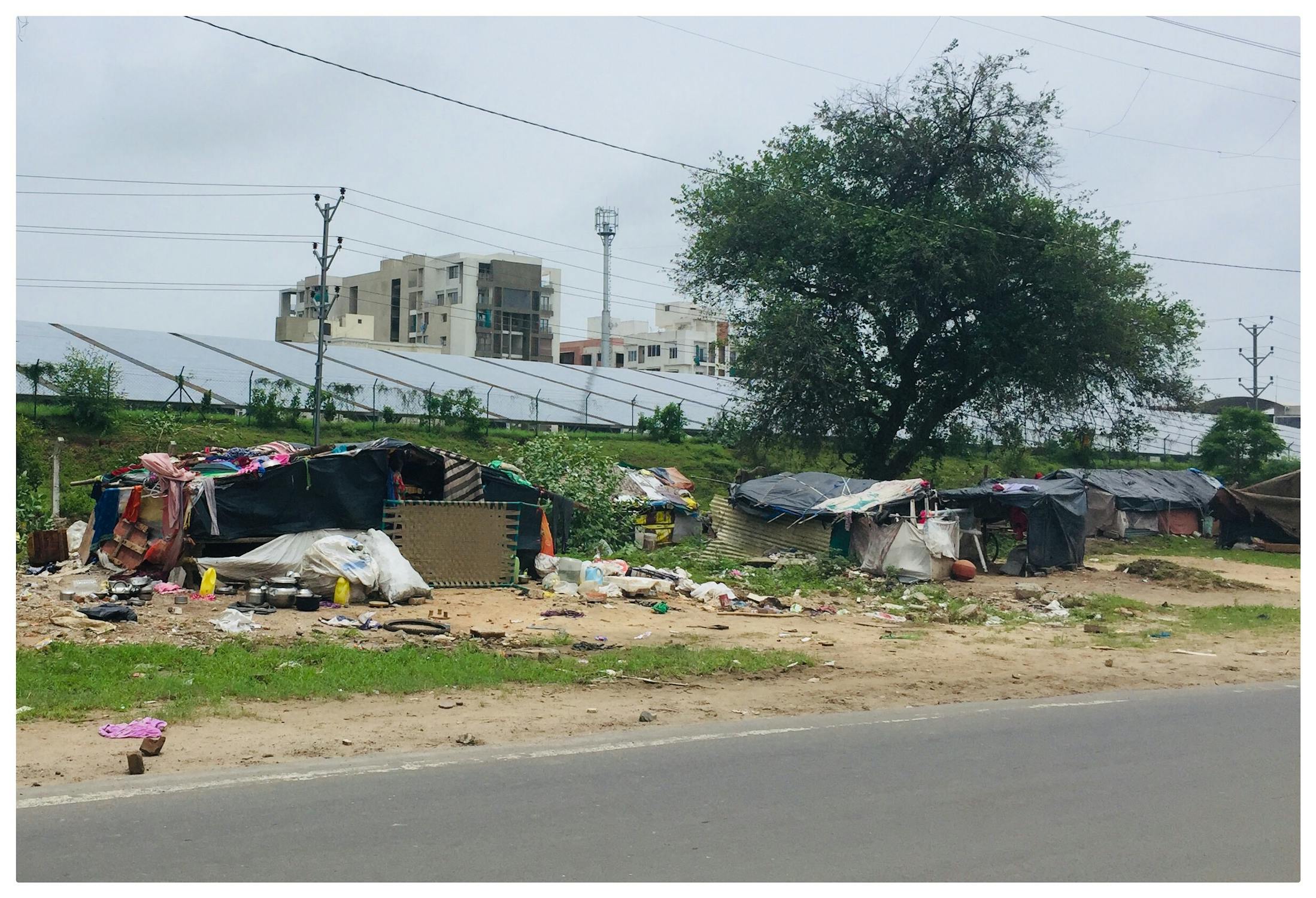
The ramp-up of this program came as the arrest and removal of encampments proved to be ineffective in the city. Breed ordered all city employees working with homeless people to offer referrals to relocation programs before offering shelter or another service.
The San Francisco mayor states that her decision came as the number of homeless people has increased in recent years, causing the city’s service to clog.
The Ruling That Made This Possible
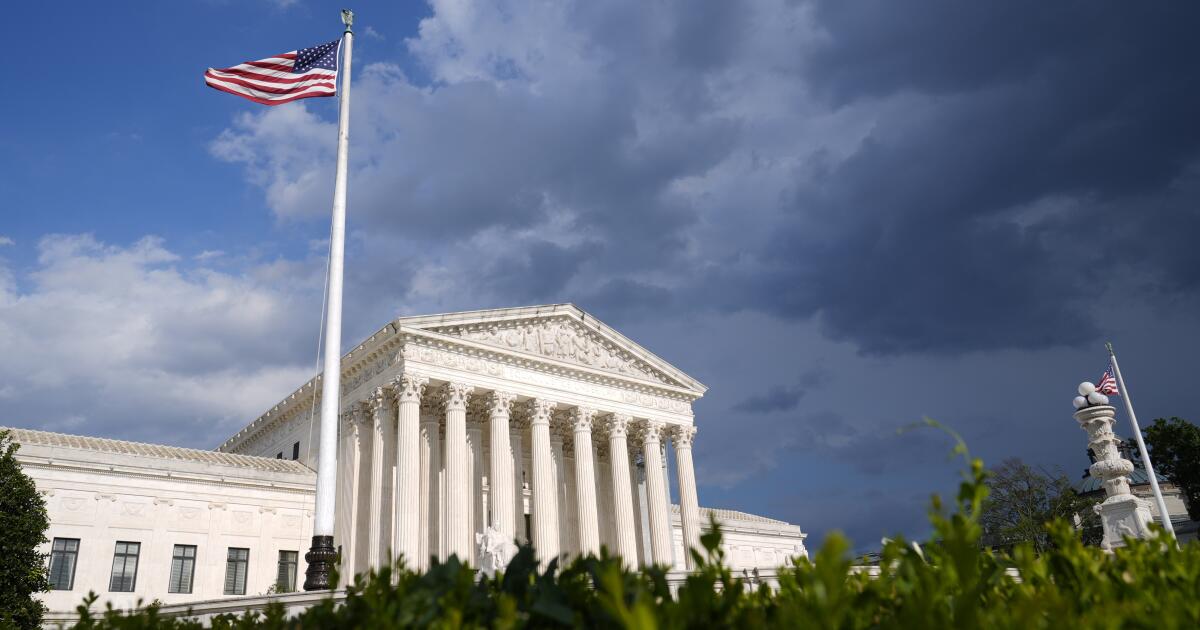
This order comes as the city conducts “very aggressive’ encampment clean-ups, which were enabled by the US Supreme Court ruling earlier this summer.
The ruling made it legal for cities to ban homeless people from sleeping on sidewalks and other public outdoor spaces, citing that the cities should know how to best handle the situation effecting their communities.
A “Complex” Issue
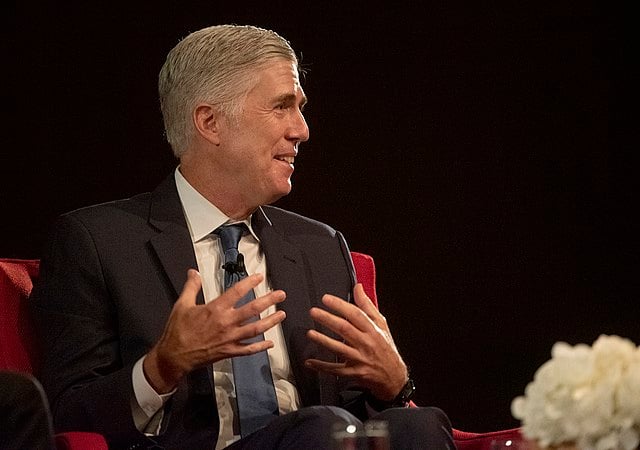
“Homelessness is complex. Its causes are many. Justice Neil Gorsuch wrote for the majority that the public policy responses required to address it may also be necessary.
Gorsuch continued: “A handful of federal judges cannot begin to `match’ the collective wisdom the American people possess in deciding `how best to handle’ a pressing social question like homelessness.”
Criminalizing Sleep

Writing for the minority, Justice Sonia Sotomayor said, “Sleep is a biological necessity, not a crime. For some people, sleeping outside is their only option. For people with no access to shelter, that punishes them for being homeless.”
Sotomayor continued: “It is possible to acknowledge and balance the issues facing local governments, the humanity and dignity of homeless people, and our constitutional principles,” Sotomayor added. “Instead, the majority focuses almost exclusively on the needs of local governments and leaves the most vulnerable in our society with an impossible choice: Either stay awake or be arrested.”
The Reproductions of the Supreme Court’s Ruling
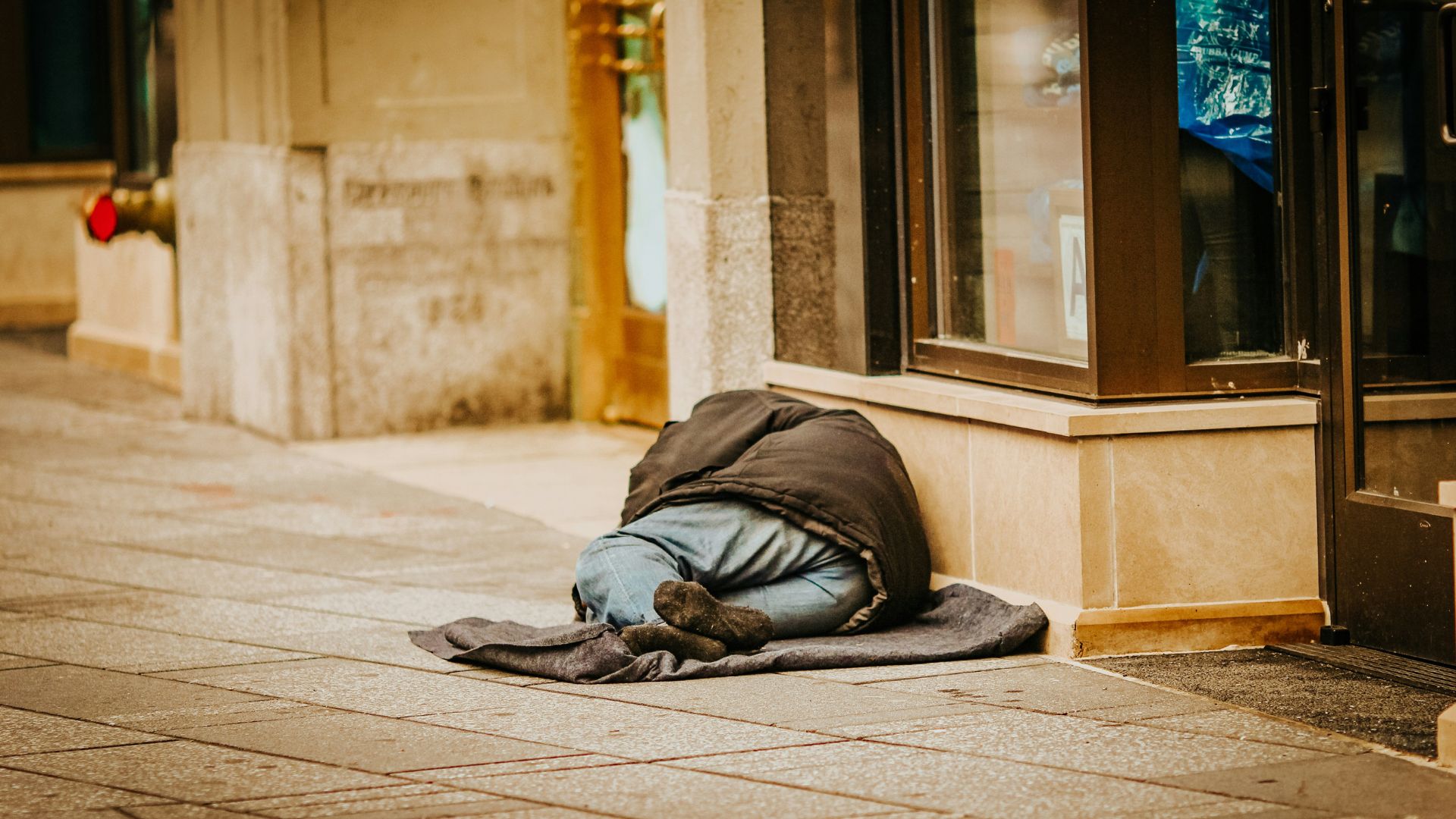
Not every California city agrees with the Supreme Court’s ruling, nor are they pushing as hard as San Francisco is to get rid of a serious quality of life problem. Los Angeles Mayor Karen Bass said the Supreme Court’s decision was not surprising, but disappointing.
“This ruling must not be used as an excuse for cities across the country to attempt to arrest their way out of this problem or hide the homelessness crisis in neighboring cities or in jail,” Bass said. “Neither will work, neither will save lives and that route is more expensive for taxpayers than actually solving the problem.”
Not a Successful Plan

The executive director of the Coalition on Homelessness Jennifer Friedenback believes that the sweeps in San Francisco are not helping anyone.
“It’s really just moving people across the street and back, across the street and back, and not being successful in putting large numbers of people into shelter and housing. And that’s really what you want, you want to get people off the streets,” said Friedenbach (via CBS News).
Cleaning Up Every Four Days
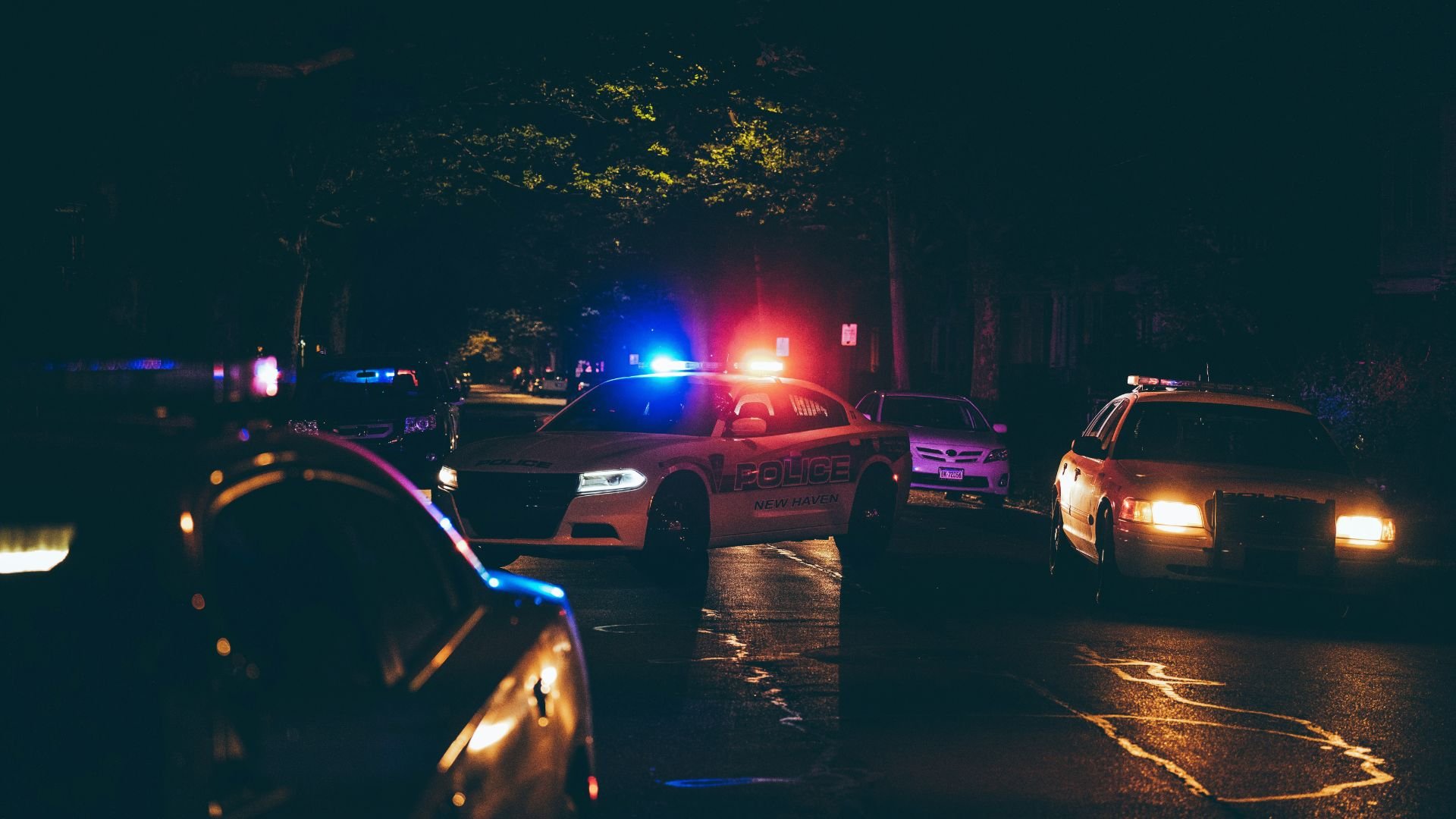
Friedenback reports that city officials and police come every four days to a relatively quiet corner located at the intersection of Leavenworth and Turk in the Tenderloin to remove any tents that pop up.
“There was maybe a tent or two, but they come here every four days and push everyone out,” said Friedenbach.
A Vicious Cycle

“It just is going to mean that they’re going to get fines and fees that they can’t pay. It’s going to mean that they’re going to get cited for things that they have no other choice but to be out here, and so it’s just not a way to get, there’s never been a ticket that has lead somebody off the streets,” said Friedenbach.
She believes that this policy is doing nothing to keep the streets clean and help people get back on their feet.








































